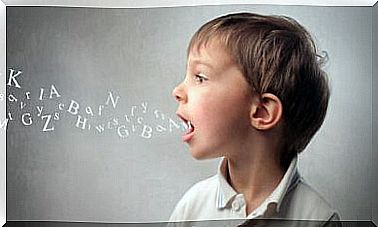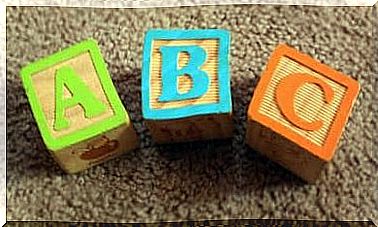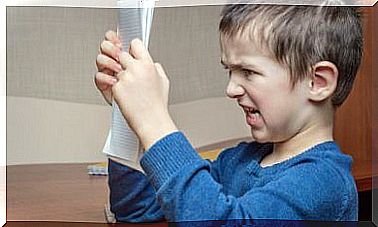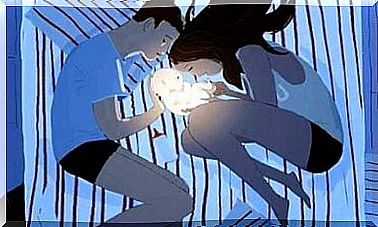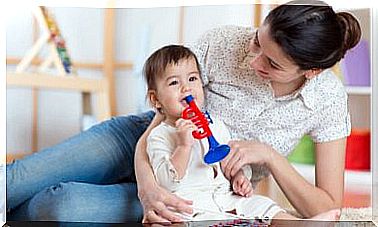The Sense Of Frustration In Children

The sense of frustration in children refers to an unmet need. It is an emotional experience that occurs when a desire, a project, an illusion or a need is not satisfied, or does not reach fulfillment.
The sense of frustration is inevitable : at some point in life, we all happen to feel it. In fact, it is an emotion that we experience since we are very young, since the fluctuations and changes of mood, in which we pass from frustration to non-frustration and vice versa, are completely normal, in the phase of childhood.
A frustrating situation concerns a person, an object and a goal. Some kind of obstacle prevents the achievement of a goal. Hence, the person is faced with a problem to which he cannot find a solution.
It is a barrier that the little one cannot cross. Frustration in children occurs when a reward is expected. It can appear in the form of different emotions, and is associated with the combination of some of them: helplessness, anger, disappointment, depression, sadness, helplessness or disillusionment.
Causes of frustration
This term applies to the circumstance that results in dissatisfaction with a need or purpose. Frustration in children can occur at all stages of development.
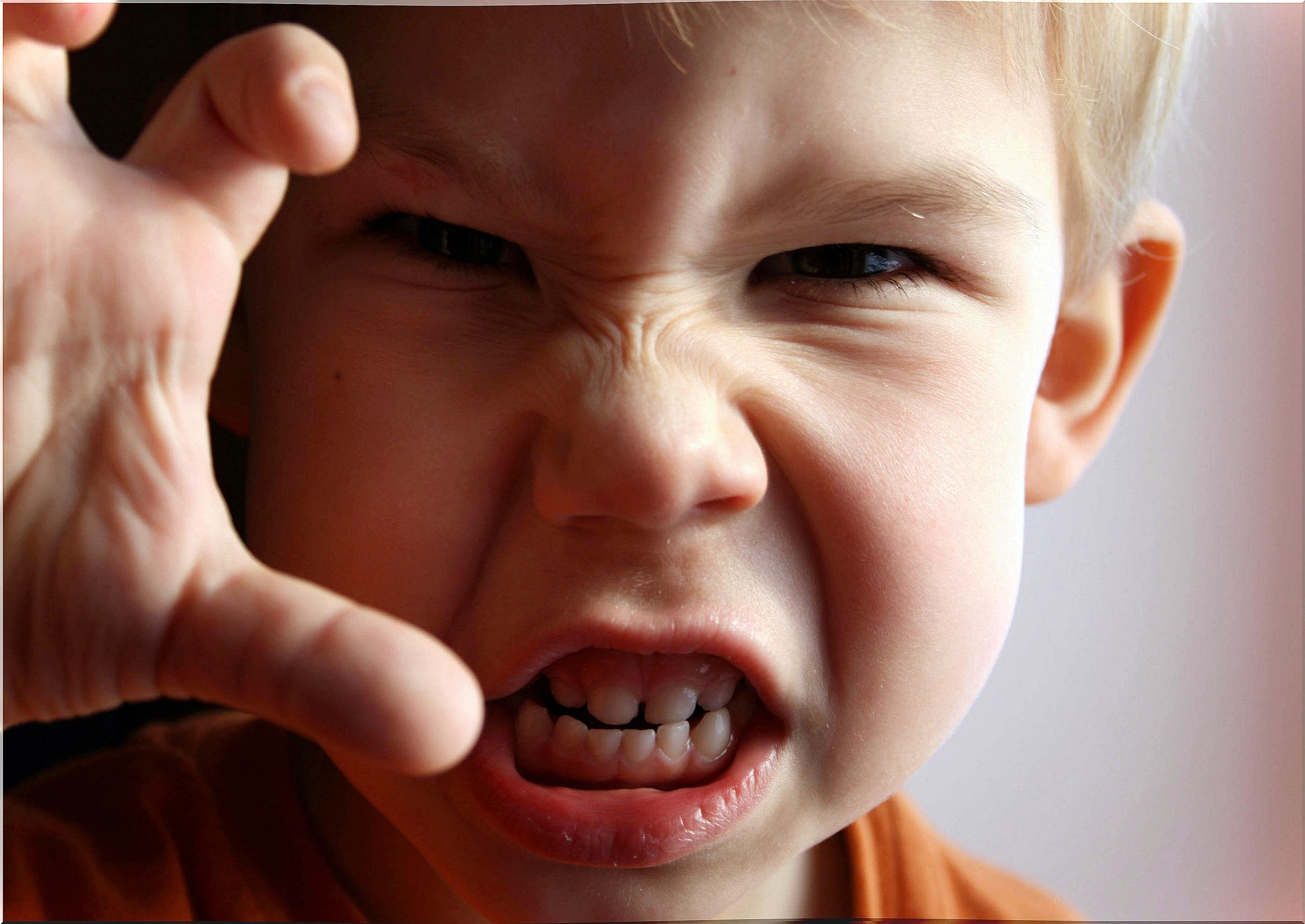
These are some of the causes:
- The stress.
- Expectations not met.
- The refusal.
- The lack of acceptance.
- The lack of flexibility.
- Jealousy.
- Competitiveness.
- Perfectionism.
- The provocation.
How can we fight frustration in children?
1. Lead by example
A positive attitude on the part of parents when it comes to dealing with adverse situations is the best example for children to learn how to find solutions to their problems.
2. Exchange frustration with learning
Difficult situations are an excellent opportunity for the child to learn new things, memorize them and be able to cope with them on his own when they arise again.
3. Teach to be persevering
If the child learns that with consistency he will find the solutions he needs, he will be able to control frustration in other situations as well.
4. Educate in the culture of sacrifice
To avoid frustration, you need to teach your child that sacrifice is the right way to resolve failures.
5. Don’t give him everything ready
Let him overcome the challenges he faces on his own, so that he has a chance to make mistakes and learn from his own mistakes.
6. Don’t give in to his demands
This way he will learn that this is the most effective way to solve problems.
7. Set goals
It is necessary to teach him to tolerate frustration by creating realistic and reasonable goals.
Tolerance to frustration
Tolerating frustration means being able to cope with the problems and limitations that children experience during childhood and the annoyances they could cause. Consequently, it is an attitude that can be worked on and developed.
Characteristics of a child with high frustration tolerance
A child who has a high level of frustration tolerance may use his or her own means to accept the facts. In this way, in order to be harmed by situations he will need a much greater degree of frustration.
For people who have a high level of frustration tolerance, life is more enjoyable, easier and less stressful. They are motivated to transform these problems into new opportunities, to maintain the possibility of resuming action without other unnecessary actions, or to try to escape, to accept the ambitions of pain, failure, malaise, etc.
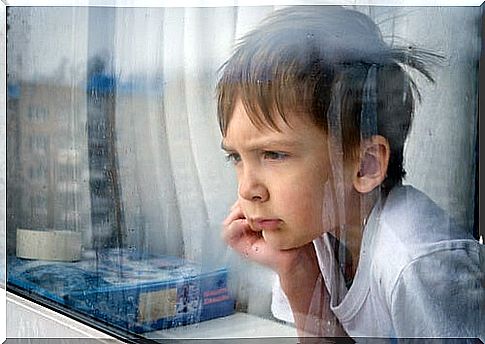
Characteristics of a child with low frustration tolerance
A child who has a low level of frustration tolerance will have difficulty coping with some situations and will lose motivation for what he does.
Children with low frustration tolerance are usually more impulsive and impatient. Furthermore, they are also used to immediately satisfying their needs, and, in the face of conflicts and difficulties, they can suffer situations of anguish or depression more easily.
Ultimately, you need to work on children’s frustration. It is important that you know that frustration tolerance is a skill and that, as a result, everyone can learn to improve it. If your child is able to achieve a high level of frustration tolerance, he will act positively on his own well-being and exert more control over the situations he finds himself in.
